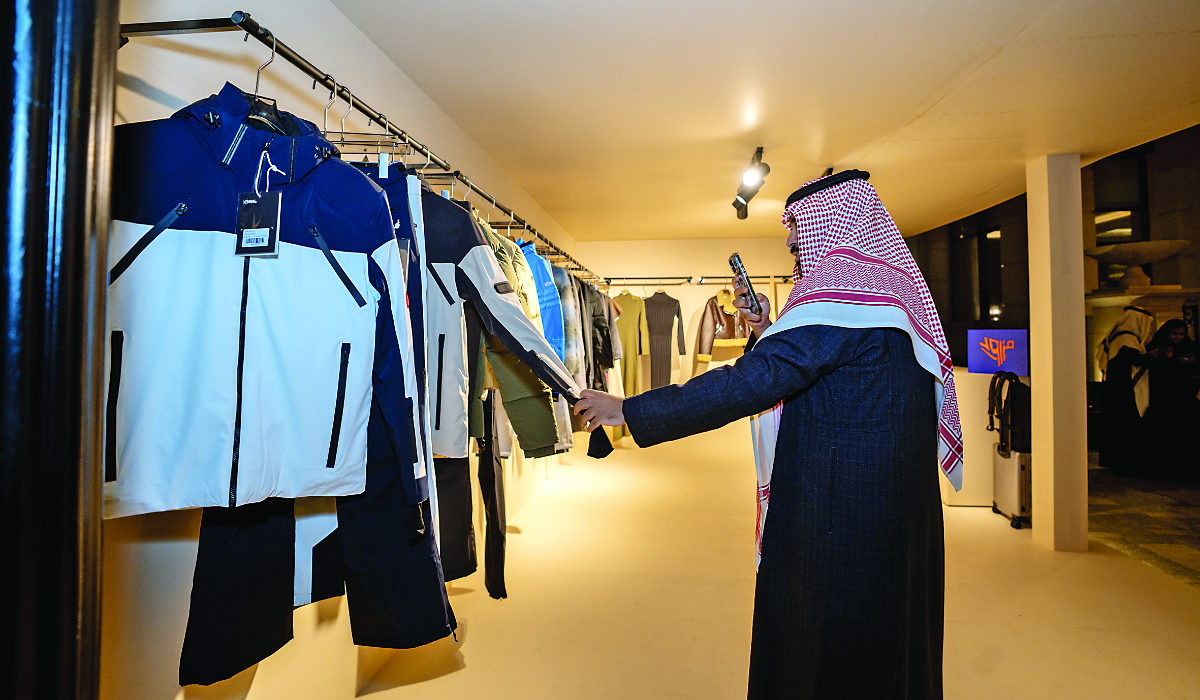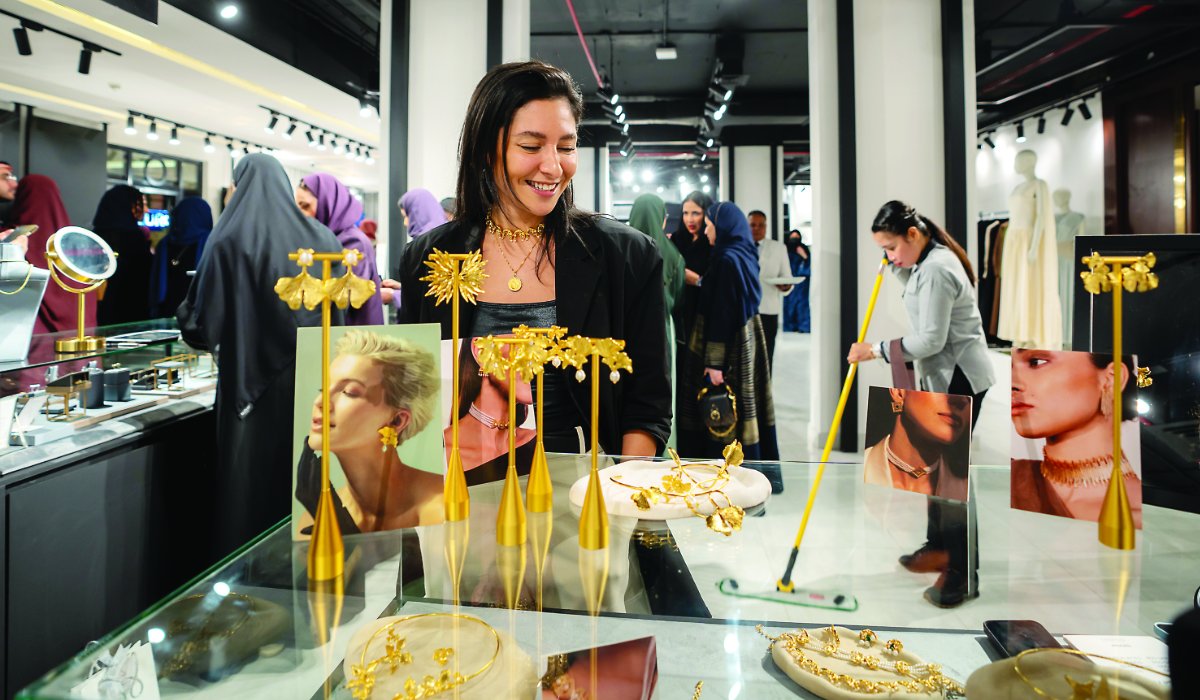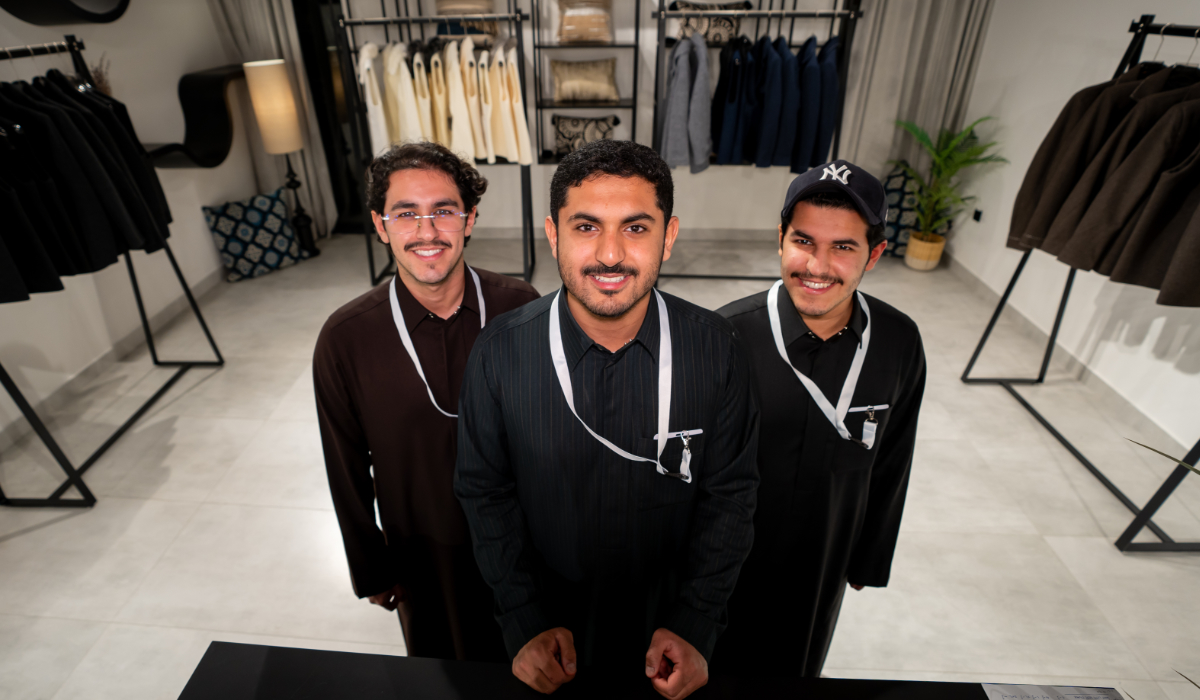RIYADH: As October marches on and the weather continues to cool across the Kingdom, many Saudis are concerned about coping with the flu season on top of the coronavirus pandemic.
For those with the sniffles who are starting to fret, Arab News asked health care professionals to weigh in on when it was the time to worry and what everyone needed to know about the flu vaccine.
Unlike a few other vaccinations, flu shots are not mandatory in Saudi Arabia. But guidelines from the Scientific Committee for Influenza and Pneumococcal Vaccination recommend that the public and health care professionals receive the vaccine every year, especially during flu season as the composition of the vaccine is modified annually.
The Ministry of Health also recommends the vaccine for the public and health care professionals.
At a recent press conference, the assistant minister of health and spokesman, Mohammed Al-Abd Al-Aly, said that flu vaccines were recommended despite having no protective effects against COVID-19.
“Protecting oneself from influenza infections will improve a body’s overall health and protect it from many health issues resulting from acquiring an infection, including coronavirus,” he said.
However, the similar symptoms of the flu and COVID-19 have made people wonder how they can tell if they have one or the other if or when symptoms appear.
Dr. Abdulmalik Ismail, an ENT doctor and head and neck surgery resident who was at the forefront of the early fight against COVID-19, said that while there was no way to tell for sure if symptoms were COVID-19 or the flu, there were certain “hints” that indicated whether or not someone should get tested.

Although life-threatening allergic reactions to the flu vaccine are rare, the shot can cause side effects such as headaches, fever, nausea, and muscle pains. (Shutterstock)
“The common cold usually presents with a sore throat, cough, runny nose, sneezing and fatigue,” he told Arab News. “The flu can present similarly and can be mild, but may also cause more severe symptoms that include fever, headache, body aches and chest discomfort and can sometimes cause a lung infection otherwise known as pneumonia in certain people, such as the elderly or those with reduced immune systems.”
As for COVID-19, Ismail said that certain flu-like symptoms could be much worse than those of a typical flu, which could be used as a benchmark of sorts.
“COVID-19 symptoms can vary from mild to severe symptoms that can mimic the flu. It can also cause a loss of taste and smell much more profound than that of the common cold or the flu. Another hint is that children are commonly affected by the common cold and the flu. However, they are less likely to be affected by COVID-19.”
He said that anyone experiencing symptoms they were unsure about, especially if they were respiratory in nature, should begin self-isolation and monitor themselves carefully for worsening health.
“Anyone that develops respiratory symptoms should isolate themselves from other people and adhere to public health measures. Alarming symptoms that warrant seeking medical care include severe, persistent symptoms, chest pain, shortness of breath or difficulty breathing.”
One of the most jarring points of concern for many is that it is possible to have the flu and COVID-19 at the same time. This scenario has led people to start asking whether or not they should consider getting vaccinated this year, even if they are not usually in the habit of doing so.
Ismail said that people could protect themselves from the flu by getting vaccinated, even if they could not yet be vaccinated against COVID-19. But since the vaccine is not mandatory, and some find the side effects unbearable, many are wondering if the vaccine is their best option for self-protection.
SPEEDREAD
• Unlike a few other vaccinations, flu shots are not mandatory in Saudi Arabia. But guidelines recommend that the public and health care professionals receive the vaccine every year, especially during flu season.
• The Ministry of Health also recommends the vaccine for the public and health care professionals.
• Protecting oneself from influenza will also help in protecting the body from many health issues, including coronavirus, says health official.
Dr. Haya Zedan, a public health specialist, urged people to educate themselves thoroughly about the flu vaccine and its effects, given this year’s unprecedented circumstances.
“As a public health academic and researcher, it’s important to note that now more than ever we all have a responsibility to make informed choices that are in the best interests of our health and the health of our families,” she told Arab News. “People should make the effort to learn more about vaccines, such as the flu vaccine, and their benefits from verified scientific sources.”
Although life-threatening allergic reactions to the flu vaccine are rare, the shot can cause side effects such as headaches, fever, nausea, muscle pains, and soreness or redness in the area of the arm that was injected.
Rania Najran, a public health specialist and a mother of two, is debating whether or not getting a flu shot is right for her and her family as she and her children have suffered from uncomfortable side effects in the past.
“There’s so many factors to consider,” she told Arab News. “The negative side effects are just part of it. I know the vaccine won’t necessarily protect me 100 percent from getting the flu, it will just minimize the symptoms for the most part. I would rather not subject my body to the side effects. I prefer to boost my immunity the natural way, with vitamin-rich meals, staying active, social distancing, everything that we would do during any other flu season.”
For others, such as pediatrician Dr. Hind Assiri, getting a flu shot is a priority given the current situation.
“Any protection we can give ourselves and our children this flu season we should strive for,” she told Arab News. “I myself have four children, and all of us have gotten the flu vaccine. Thankfully, our side effects have been manageable and I can sleep better knowing that they have some degree of protection in such an unsafe time.”

































